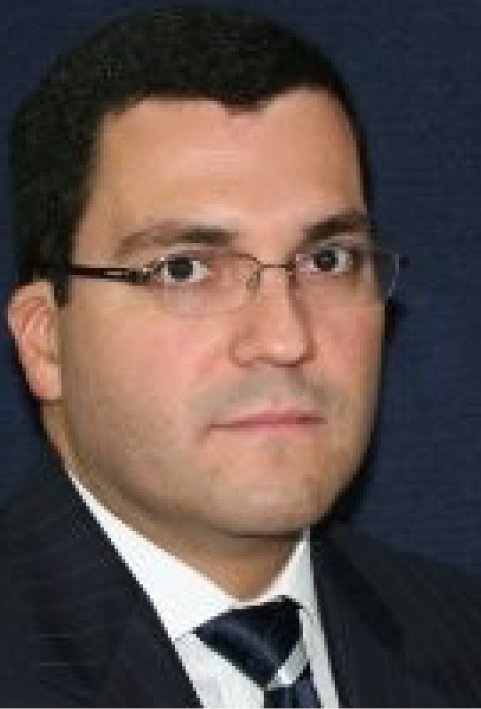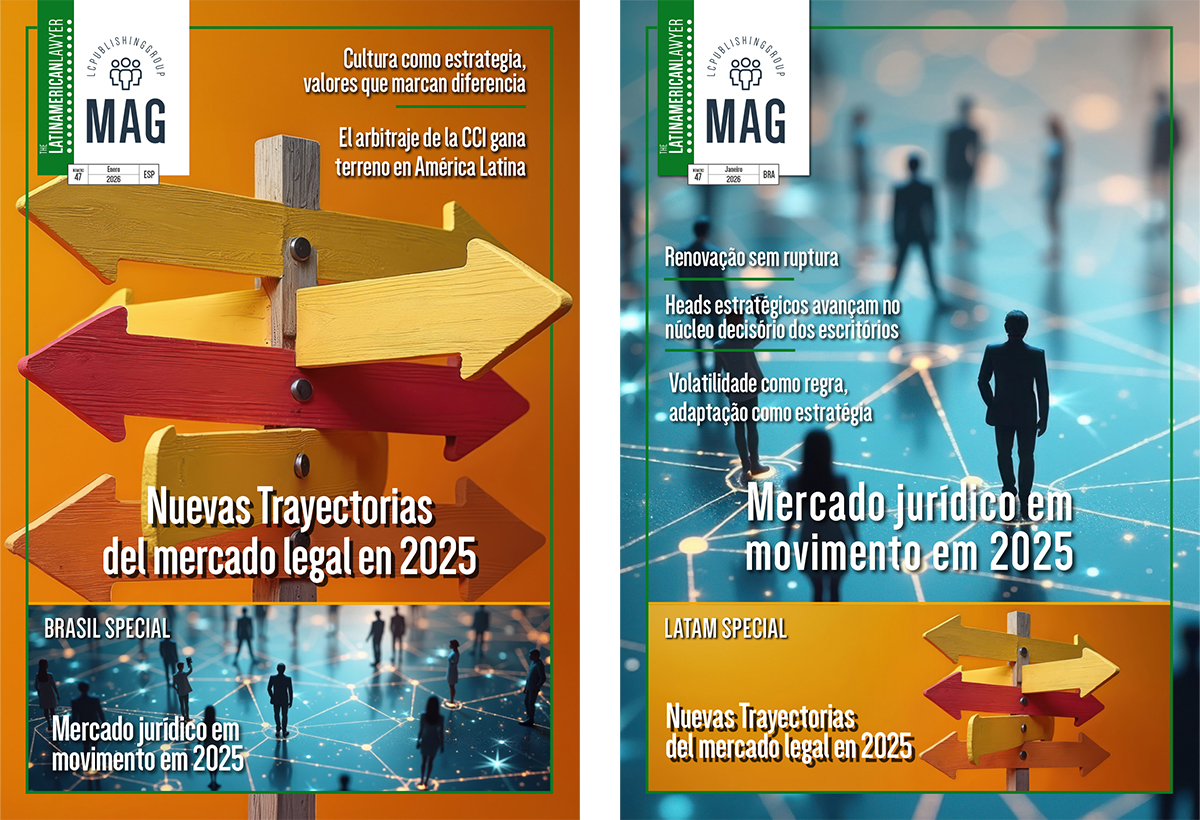‘External counsel must manage expectations – quoting €15,000 to €20,000, then billing for €30,000 is unreasonable’

 A law firm’s market reputation, as well as its track record and ‘exisiting connections’ are key considerations when Colgate-Palmolive Company chooses external advisers, says Iván A. Sandoval
A law firm’s market reputation, as well as its track record and ‘exisiting connections’ are key considerations when Colgate-Palmolive Company chooses external advisers, says Iván A. Sandoval
There are many elements to consider when assessing the performance of external counsel, and while the delivery of results is one benchmark, it is not the only consideration, says Iván A. Sandoval, vice-president and chief of legal affairs of the Latin American division at Colgate-Palmolive Company. “In our profession, it’s not always fair to judge people according to their results,” he explains. “You can have the very best representation and still lose a case due to external factors such as a lack of sufficient evidence, or simply not being right.”
According to Sandoval, setting and managing expectations is key, not just with regard to outcomes, but also timing. “It can be very frustrating to hear that we will see results in, say, March and come September nothing’s happened.” Cost is also a primary consideration, and knowing what to expect is essential, says Sandoval. “When we ask for a quote, we expect it to be as specific as possible – it’s not reasonable to be given an initial estimate of fifteen or twenty thousand dollars and then face a bill in excess of thirty thousand.”
According to Sandoval, budgetary restrictions mean Colgate-Palmolive has to very carefully consider which projects it will outsource, and when it will outsource them. “The first step for us is to conduct an assessment of what projects need to be completed, and whether we have the financial resources to outsource them,” he says. “Sometimes we decide to postpone a certain matter, or to handle it internally – the budget available for legal work has been reduced compared to last year.”
Colgate-Palmolive has a substantial team of in-house lawyers which includes commercial and experts, and so the company tries to handle as many matters as possible internally. “It makes sense to get the most out of our internal resources and, in principle, we try to outsource as little as possible,” says Sandoval. However, some matters are delegated to external counsel, such as intellectual property portfolio management, which Sandoval says is highly specialised. “The registration and maintenance of trademarks and patents involves complex administrative procedures which are very specialised and time-consuming,” he explains. “We find it more efficient to outsource the whole process to external IP experts.”
Litigation is another area in which Colgate-Palmolive uses external counsel due to the time and resources required. “Although we handle administrative proceedings in-house, when it comes to court cases it is not efficient for our in-house lawyers to spend time representing the company in court,” Sandoval says. M&A is another area which requires external advisers, often in combination with the company’s own in-house counsel. “For M&A we tend to seek external counsel which will complement our own team, and assist with the large volume of work required,” Sandoval adds.
Reputation is key
As well as considering costs, timing and the management of expectations, Colgate-Palmolive’s choice of law firm is also influenced by their reputation and experience in particular markets. “The reputation of the firm in the market in question is a key consideration for us, as is its track record and existing connections,” says Sandoval. He adds that the company’s preferred law firms are Baker McKenzie for Chile and Argentina-related matters, and Creel, García-Cuéllar, Aiza y Enríquez in Mexico. The company also works with TMI Abogados for IP matters in Mexico.
For Colgate-Palmolive Company, legislative uncertainty across several key jurisdictions will pose a challenge in the coming months. “Across Latin America, it’s becoming harder to predict legislative changes and the impact they will have,” Sandoval says. “For example, the Argentinian government has embarked on a series of reforms and Brazil is in the process of configuring its next government.”
The impact of these reforms and how to respond to them is a concern, as the company has a very extensive infrastructure network including manufacturing facilities that are not easy to relocate. However, while some companies take a proactive approach to their relations with government entities, others are more passive. Yet Sandoval does not believe that either of these approaches is necessarily more successful. He adds: “I don’t think one’s better than the other, just different.”















